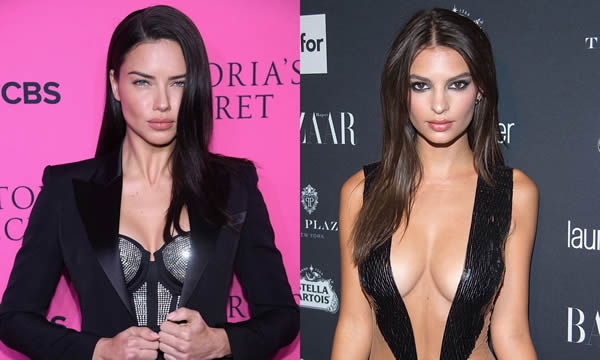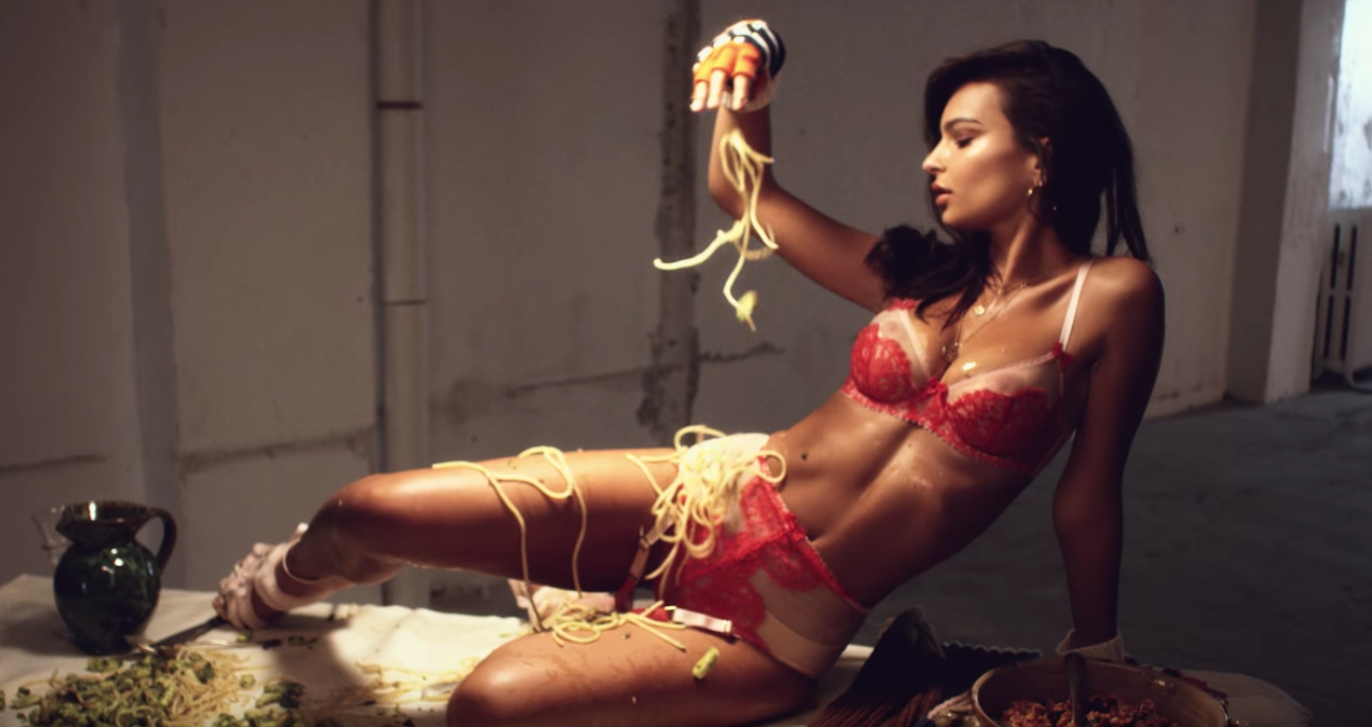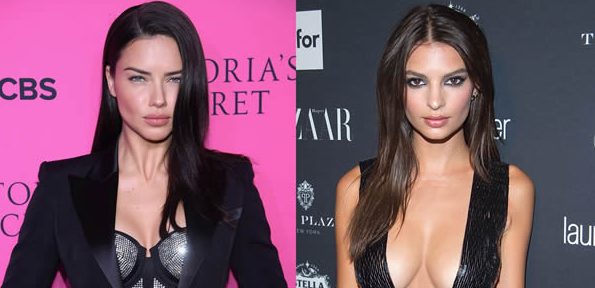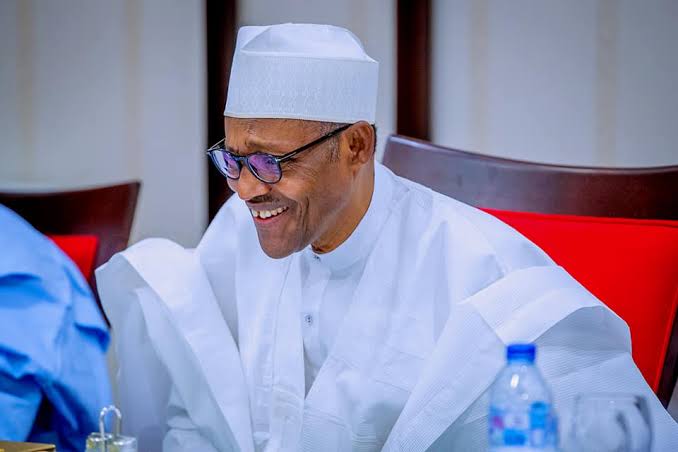When a model whose career is built on being the face of a lingerie behemoth says she’ll no longer strip down just for the sake of it, it’s worth taking note. This was the case recently when Victoria’s Secret veteran Adriana Lima took to Instagram with her declaration.
“I realized that a majority of women probably wake up every morning trying to fit in a stereotype that society imposed. I thought, that’s not a way of living and beyond that, that’s not physically and mentally healthy. So, I decided to make that change. I will not take of my clothes anymore for an empty cause,” the model wrote on Instagram on Dec. 9. Over the weekend, in an apparent response to the reactions, she posted, “Not everyone deserves to know the real you. Let them criticize you they think you are.”

(It’s worth noting that another Victoria’s Secret angel of years past, Heidi Klum, made similar comments when she warned young models in 2013 that they shouldn’t get nude during photoshoots simply because photographers ask them to.)
Lima insisted through representatives that the claim was not made in response to the recently aired Victoria’s Secret Fashion Show, which was Lima’s 18th appearance on the broadcast, and some, like Fashionista, speculated that Lima might instead have been reacting to the Love magazine Advent digital video calendar, in which models and celebrities are filmed in their lingerie doing everything from ballet exercises to rolling around in a heap of spaghetti. (Cue Emily Ratajkowski, who did just that.)

Ratajkowski, whose career was catapulted after her debut in the racy “Blurred Lines” music video, has repeatedly defended what some call hypersexualized posts that detractors say undermine her feminism. In response to Ratajkowski’s appearance in this year’s Love Magazine Advent calendar shoot, for example, Piers Morgan, the British media personality who frequently criticizes Ratajkowski, said, “Do you really think [British suffragette] Emmeline Pankhurst fought for Emily Ratajkowski’s right to writhe semi-naked in spaghetti, post it to millions on social media & then feign indignant outrage at being ‘sexually objectified’?”
Ratajkowski responded that explicit sexuality and feminism are not mutually exclusive ideals, which is not quite the same take as Lima’s. (Research exploring the relationship between sexy images of women and objectification, and separate research exploring how sexy images of women signal to others that women are less competent, complicates Ratajkowski’s take.)

So which is it: Is a woman better off reclaiming her sexuality by covering up? Or by getting naked? Is the secret to being a truly empowered feminist lie in rejecting misogyny and objectification via Instagram “likes”? And what is an “empty cause” for nudity versus a worthy one, anyway? Even the New York Times wondered: Is there room for pinups in a post-Weinstein world?
The politics of female sexuality today are just the latest extension of the feminist sex wars of the 1970s, in which women debated whether or not you could be a true feminist and also support pornography and erotica. One might say the contemporary debate extends to things like the Victoria’s Secret Fashion Show and the Love Magazine Advent calendar.
But to bifurcate the debate in that way is unproductive, and doesn’t address the root of the issue. When the Hollywood Reporter asked designer Prabal Gurung whether the red carpet was becoming less sexy in light of the #MeToo movement, he responded, “Women can dress however they want to, show their body or cover it; as a designer, my job is to provide options. Being sexy or not is an individual choice — the problem is the gaze.”
SOURCE :YAHOO.COM











